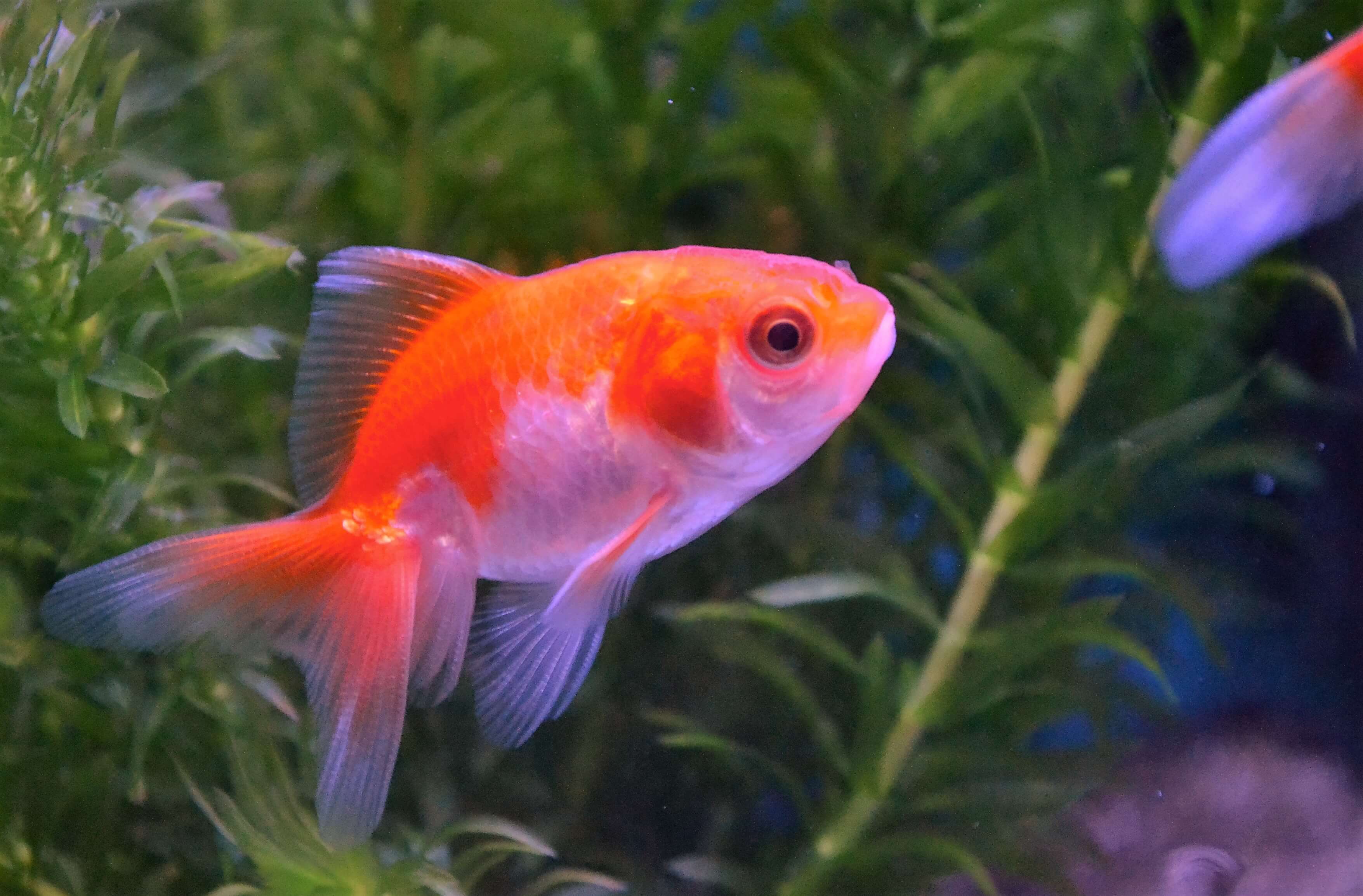Fish And Water Effect
Did you know that water temperature can greatly affect the health and behavior of fish? Whether you're a fish enthusiast or just curious about the topic, understanding the relationship between fish and water can be fascinating.
Pain Points Related to Fish and Water Effect
Have you ever noticed your fish acting differently when the water temperature changes? Maybe they stop eating or become more agitated. Alternatively, perhaps you've struggled to keep your fish healthy despite your best efforts. Water quality and temperature can greatly impact the health and behavior of your aquatic pets.
Target of Fish and Water Effect
The target of fish and water effect is to help people understand the importance of maintaining a stable environment for their aquatic pets. By learning more about water quality and temperature, pet owners can ensure their fish remain healthy and happy, ultimately leading to a longer lifespan.
Main Points Related to Fish and Water Effect
The water temperature and quality have a direct impact on the health, behavior, and lifespan of fish. Factors such as pH levels, ammonia, and nitrate levels can impact the quality of the water and, in turn, the well-being of your pets. To maintain a stable environment for fish, pet owners must monitor water temperature and quality, regularly change water, and follow proper filtration methods.
Importance of Temperature on Fish
Water temperature is one of the most critical factors affecting fish health and survival. Fish that live in water outside their natural temperature range may experience significant stress, which can result in weakened immune systems and disease. For instance, a drop in temperature can slow a fish's metabolism, reduce its appetite, and even trigger hibernation, leading to an increased risk of disease and other health issues.

Conversely, warm-water fish may become sluggish and stressed if the water becomes too hot. Fish that live in water that's too warm may have difficulty breathing and may experience difficulty digesting food, leading to malnutrition or death. Additionally, drastic changes in water temperature can cause thermal shock, making it essential to monitor the water temperature regularly.
Importance of Water Quality on Fish
Water quality is crucial for maintaining happy and healthy fish. Regularly changing the water and ensuring that the pH levels, ammonia, and nitrate levels are within a safe range are essential to maintaining water quality. Poor water quality can lead to several issues, including bacterial infections, parasites, and stress. Overcrowding can also lead to poor water quality, making it essential to consider the number of fish and the size of the tank.
/close-up-of-clown-fish-swimming-by-coral-1145795316-07b78e286f674781a83abbcada6f38c8.jpg)
Understanding the Nitrogen Cycle
The nitrogen cycle is an essential process in fishkeeping. Fish produce waste, which in turn creates ammonia in the water. Ammonia is highly toxic to fish, so it's crucial to remove it through filtration, water changes, and bacterial processes. The end process of the nitrogen cycle is the conversion of nitrate into nitrogen gas, which escapes from the aquarium. Monitoring the nitrogen cycle is a crucial aspect of maintaining water quality and ensuring the wellbeing of your fish.
How to Maintain a Healthy Aquarium Environment
Maintaining a healthy aquarium environment involves several factors, including regular water changes, proper filtration, and monitoring water temperature and quality. Pet owners should avoid overcrowding the tank and aim to replicate the natural habitat of their fish as closely as possible. Additionally, fish owners should research the specific needs of their fish before bringing them home.
Personal Experience with Fish and Water Effect
As a fish enthusiast, I've experienced firsthand the impact of water quality and temperature on aquatic pets. Once, I noticed my fish becoming agitated and not eating, so I tested the water and found the pH levels had skyrocketed. After making the necessary adjustments, the fish returned to their happy and healthy state.
Question & Answer Section
Q. What is the ideal water temperature for fish?
A. The optimal water temperature for most freshwater fish is between 72-82°F, while saltwater fish typically prefer slightly warmer temperatures of 75-80°F.
Q. How often should I change the water in my fish tank?
A. It's recommended to change 10-20% of the water weekly. However, the frequency of water changes may vary depending on the number of fish, the size of the tank, and the quality of the water.
Q. How do I know if the water quality is poor?
A. Poor water quality can be identified by cloudy water, algae blooms, and a distinct odor. Additionally, testing the water for pH, ammonia, and nitrate levels can indicate poor water quality.
Q. Can fish die from stress?
A. Yes, fish can die from stress caused by factors such as water temperature, poor water quality, overcrowding, or changes in their environment. It's essential to maintain a stable environment to prevent stress-related issues.
Conclusion of Fish and Water Effect
Understanding the complex relationship between fish and water is essential for maintaining happy and healthy aquatic pets. By monitoring water temperature and quality, following proper filtration methods, and regularly changing the water, pet owners can create a stable environment for their fish, leading to a longer lifespan and a happier home for all.
Gallery
Fish Out Of Water.....:( | Fish, Water, World

Photo Credit by: bing.com /
DNA Floating In Ocean Water Reveals Fish Abundance | Inside Science
Photo Credit by: bing.com / fish water abundance ocean dna floating reveals
Saltwater Aquarium Fish Photos
/close-up-of-clown-fish-swimming-by-coral-1145795316-07b78e286f674781a83abbcada6f38c8.jpg)
Photo Credit by: bing.com / saltwater goby neon clown clownfish diseases irwin eyeem ocellaris muhammed thesprucepets
How Do Water Temperatures Affect Fish And Fishing ? – Lines On The Water

Photo Credit by: bing.com / water fish temperatures effect fishing affect lines august july
Cold Water Fish Gallery – Viking Aquatics

Photo Credit by: bing.com / fish water cold small animals